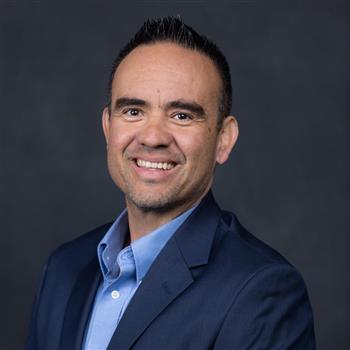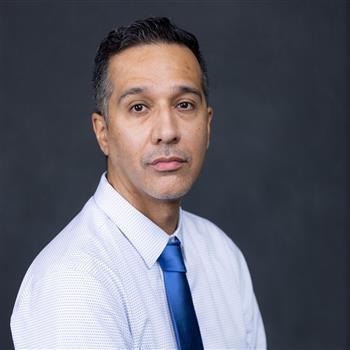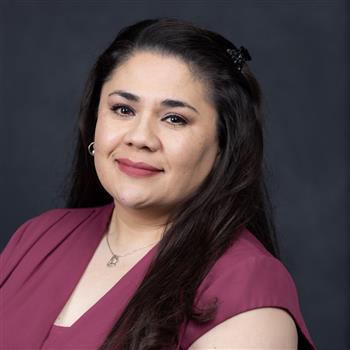Phone: 915-434-5025
Degrees and Certifications:
Hanks Early College A to Z
Vision
All J.M. Hanks High School students possess the academic skills to be lifelong learners, the social-emotional skills to be global leaders, and are excited to enter post-secondary education, which leads to careers that contribute back to their community. Students value their self-worth, appreciate diversity, make self-directed, responsible decisions, effectively display empathy towards others, and become resilient citizens through long and short-term challenges.
Mission
The mission of the J.M. Hanks High School counseling department is to provide the best services and advocate for all learners by creating an equitable and accessible school environment by collaborating with school teachers, staff, and community stakeholders. Through participation in our data-driven school counseling program, all students--regardless of their race, ethnicity, ability, gender, socio-economic status, or sexual orientation--will develop long-term, realistic, and responsible decision-making skills, as well as grow consistent, positive attitudes and behaviors that will help them achieve their future goals as professional citizens in their career of choice.


Phone: 915-434-5026
Degrees and Certifications:
Counselor for Grades 9th to 12 th A to F


The role of a school counselor, as outlined by the ASCA (American School Counselor Association) national model, encompasses various responsibilities to support students' academic, social, and emotional development. Here's a summary with bulleted points:
Academic Guidance:
Assist students in developing academic goals and plans.
Guide course selection and career pathways.
Monitor and address academic progress and challenges.
Social-Emotional Support:
Foster a positive school environment conducive to emotional well-being.
Offer counseling services to address students' social and emotional concerns.
Promote interpersonal skills and conflict resolution.
Career Development:
Facilitate exploration of career options and interests.
Provide information on post-secondary education and career pathways.
Assist in developing career-related skills and goals.
Individual and Group Counseling:
Conduct one-on-one counseling sessions to address personal challenges.
Facilitate group counseling sessions for specific issues or concerns.
Implement interventions to enhance students' social skills.
Advocacy and Collaboration:
Advocate for students' needs within the school community.
Collaborate with teachers, parents, and administrators to support student success.
Play a key role in creating a positive and inclusive school culture.
Crisis Intervention:
Provide immediate support and intervention during crises.
Collaborate with relevant stakeholders to address emergencies.
Implement strategies to help students cope with traumatic events.
Data Analysis and Assessment:
Utilize data to assess the effectiveness of counseling programs.
Analyze academic and behavioral trends to inform decision-making.
Continuously evaluate and improve counseling services based on outcomes.